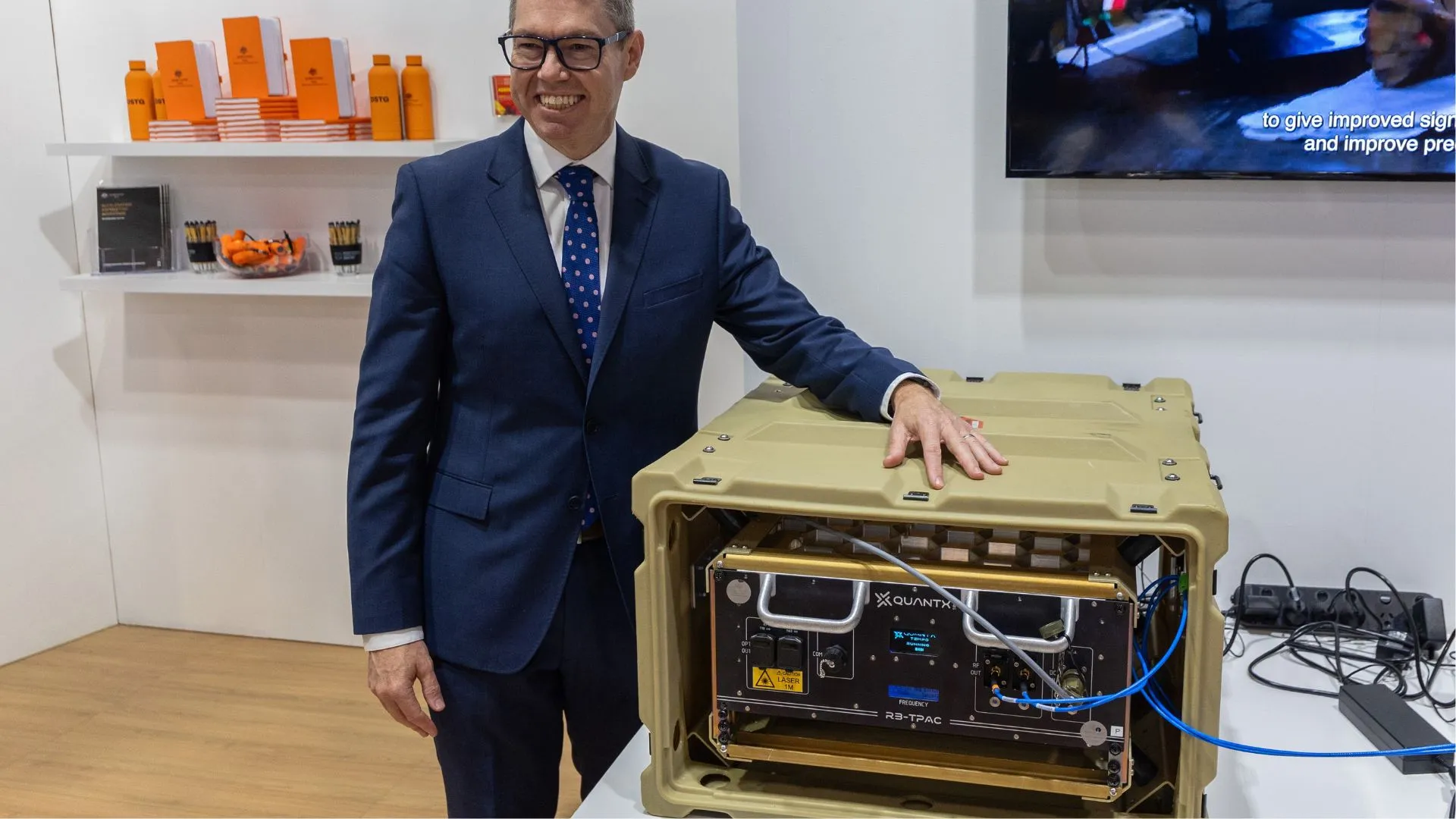Copyright Interesting Engineering

Four quantum technology clocks developed in Australia have been tested successfully in the United States. This is a crucial step in the AUKUS alliance’s efforts to enhance next-generation defense capabilities as part of Pillar Two of the agreement. The six-week trial, held in Washington, DC, brought together Adelaide-based QuantX Labs and the University of Adelaide, each contributing two quantum clocks. AUKUS partners evaluated the devices under a range of environmental conditions to assess their performance and suitability for defense applications, including secure communications, navigation, and electronic warfare systems. World’s most advanced quantum clocks Quantum clocks provide very accurate timekeeping. This accuracy is crucial for coordinating military networks, detecting GPS interference and spoofing, and ensuring reliable navigation when GPS signals are unavailable. Prime Minister Anthony Albanese-led government has invested approximately A$2.7 million (US$1.75 million) in this project. It is part of Australia’s broader effort to develop its own quantum technology through AUKUS Pillar Two, which focuses on creating advanced defense capabilities in collaboration with allies. “These trials show how Australian innovation is helping shape the future of defense technology,” said Australian Minister for Defense Industry Pat Conroy. “Through AUKUS Pillar II, we are achieving capability development faster than any one of our nations could achieve alone.” The trials were conducted in collaboration with the Defense Science and Technology Group (DSTG) and supported by the Australian government’s Advanced Strategic Capabilities Accelerator. This program plans to invest up to A$3.8 billion (approximately US$2.48 billion) in new technologies over the next decade. The results from the quantum clock tests will be shared with the United States and the United Kingdom to help improve defense cooperation. Defense officials say that using quantum timing systems in the AUKUS militaries will enhance their ability to operate independently and effectively, especially in situations where GPS is unavailable or blocked by adversaries. GPS-free navigation systems Australia’s quantum research sector is globally recognized, with domestic institutions leading advances in both fundamental science and applied engineering. The government considers the quantum industry a cornerstone of its future economy and national security strategy. “Quantum technologies are expected to deliver powerful new capabilities for defense, business, and national infrastructure,” the Defense Ministry said in a statement. “They will also enhance the performance of other emerging fields such as artificial intelligence, biotechnology, and robotics.” The University of Adelaide’s optical atomic clock is based on warm ytterbium vapor, a world-first technology now on the path toward commercialization. QuantX Labs, meanwhile, is developing a portable optical atomic clock using rubidium, employing a patented two-color, two-photon process unique to Australia’s quantum ecosystem. Both designs represent sovereign Australian intellectual property, developed through years of DSTG-funded research aimed at creating export-ready, secure, and resilient timing systems for defense and civilian infrastructure. “Australian industry has long been at the forefront of quantum technology,” Conroy said. “This collaboration harnesses the expertise of AUKUS partners and leverages emerging technologies to deliver the capabilities our militaries need.” Recent successful US trials underscore Australia’s growing significance in the AUKUS alliance, which aims to enhance cooperation among the three countries. The alliance aims to accelerate the development of advanced military technologies, including quantum sensors, autonomous systems, and enhanced cyber capabilities.



